News
Dec 23, 2024
Daily Crypto Recap – December 23, 2024
MicroStrategy Expands Leadership & Proposes $81 Trillion Bitcoin Reserve Plan
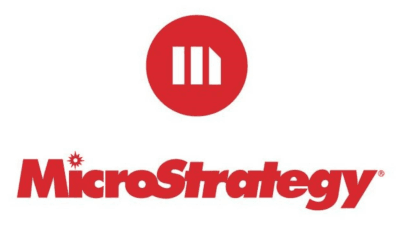
MicroStrategy, the largest institutional holder of Bitcoin, made waves this week with key leadership appointments and an ambitious financial vision aimed at redefining global monetary systems.
- Strategic Appointments: Former Binance US CEO Brian Brooks, along with two other prominent executives, joined MicroStrategy's Board of Directors. These appointments aim to bolster the company’s regulatory expertise, strategic governance, and institutional relations, positioning MicroStrategy for continued growth and compliance in an evolving financial landscape.
- $81 Trillion Bitcoin Reserve Proposal: Co-founder Michael Saylor presented a groundbreaking vision for a global $81 trillion Bitcoin reserve system. Saylor argued that Bitcoin's finite supply, decentralized nature, and unmatched transparency make it an ideal reserve asset to protect against global monetary instability.
- Market Impact: The announcement sparked discussions across financial and crypto communities, with many analysts recognizing the boldness of Saylor’s vision. If adopted, such a system could revolutionize global financial reserves, positioning Bitcoin at the core of global economic stability.
MicroStrategy’s dual focus on institutional leadership and visionary financial proposals highlights its role as a pioneer in Bitcoin adoption and advocacy.
Donald Trump Appoints Advisors for AI and Crypto
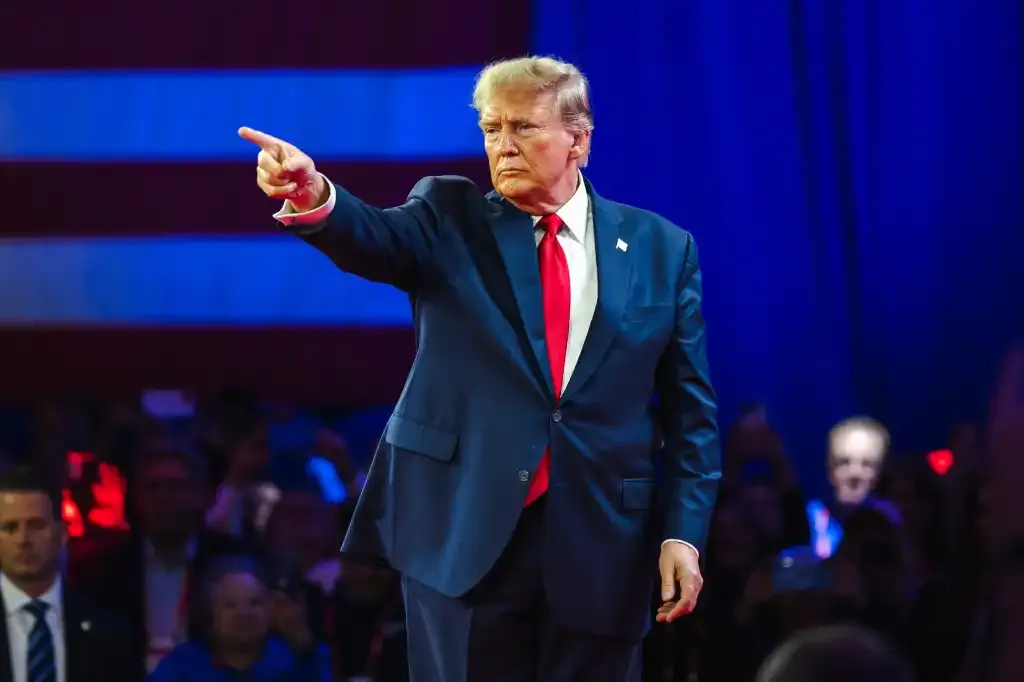
Donald Trump made significant political and strategic moves this week by appointing key advisors in AI and cryptocurrency, signaling his administration’s intent to prioritize these sectors.
- AI Senior Advisor: Sriram Krishnan, a former General Partner at Andreessen Horowitz (a16z), was appointed as Senior AI Advisor. Krishnan’s expertise in artificial intelligence policy and his background in Silicon Valley innovation make him well-suited to guide the administration’s AI strategy, ensuring the U.S. remains competitive on the global stage.
- Crypto Council Head: Trump appointed Bo Hines, a former athlete turned attorney, as Head of the Crypto Council. Hines will focus on creating clear regulatory frameworks, fostering public-private partnerships, and ensuring balanced crypto policies that support innovation without compromising security.
- Strategic Impact: These appointments demonstrate Trump’s recognition of AI and cryptocurrency as vital sectors for national security, economic competitiveness, and technological leadership.
The market is watching closely to see how these appointments translate into policy changes and regulatory clarity for the crypto and AI sectors.
Kaito Introduces Genesis NFTs and Emerging Yap Leaderboard
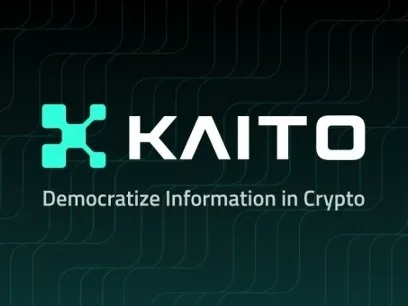
Kaito, an AI-powered blockchain analytics platform, rolled out a series of initiatives this week aimed at community engagement, reward systems, and platform growth.
- Genesis NFT Drop: Kaito launched its Genesis NFT collection, raising 150 ETH. Proceeds from the NFT mint will be redistributed among the top 1000 Yap participants. Users must register their wallet addresses on the Yap dashboard by January 1, 2025, to qualify.
- Emerging Yap Leaderboard: The platform introduced a Yap Leaderboard, highlighting rising influencers and top contributors within the Kaito ecosystem. This tool allows users to track influential voices and gain visibility in the community.
- Future Monetization: Kaito hinted at upcoming earning mechanisms for Yap participants, promising additional revenue streams for active contributors.
- Community Sentiment: The initiatives generated substantial excitement on social media, with users praising the transparency of the system and the focus on rewarding active participants.
Kaito’s forward-thinking approach to analytics, engagement, and monetization solidifies its reputation as an innovative AI-powered analytics platform.
HyperLiquid Faces Security Concerns Amid Market Growth

HyperLiquid, a decentralized perpetual trading platform, faced heightened scrutiny this week due to security concerns and potential cyber threats from North Korea:
- $60 Million USDC Outflows: HyperLiquid experienced a rapid withdrawal of approximately $60 million in USDC, sparking fears of a potential exploit or vulnerability in the system.
- North Korean Cyber Threats: Intelligence agencies reported that state-backed North Korean hackers may have been probing HyperLiquid for vulnerabilities, raising alarm bells within the community.
- Market Resilience: Despite these concerns, HyperLiquid’s market performance remained robust, thanks to its advanced trading mechanisms, transparent operations, and no-VC funding model.
- Growth Potential: Analysts believe HyperLiquid is still undervalued compared to centralized exchanges like Binance, leaving significant room for future growth.
The platform's ability to address these security threats transparently and maintain user trust will be pivotal in shaping its long-term success.
Ronin Network Expands Gaming Ecosystem with Major Partnerships

Ronin Network ($RON) continued to strengthen its position as a leading blockchain gaming infrastructure through strategic partnerships and ecosystem upgrades:
- Ragnarok MMORPG Integration: Ronin announced a partnership with Zentry to bring the legendary game Ragnarok Online onto its blockchain. This integration aims to onboard millions of users into the Ronin ecosystem.
- Ecosystem Metrics: The network now supports over 29 million unique addresses and has facilitated $9.4 billion in DEX trading volume, underscoring its impressive growth.
- zkEVM Integration: With the adoption of zkEVM technology via Polygon CDK, Ronin is set to enhance transaction efficiency, reduce costs, and enable seamless cross-chain transactions.
- Community Sentiment: The announcements have been met with enthusiasm from both developers and users, positioning Ronin as a dominant player in the GameFi sector.
Ronin’s focus on scalability, interoperability, and user experience continues to drive its success as a premier blockchain for gaming.
Berachain Gains Momentum with "69 Hours of Beramas" Event
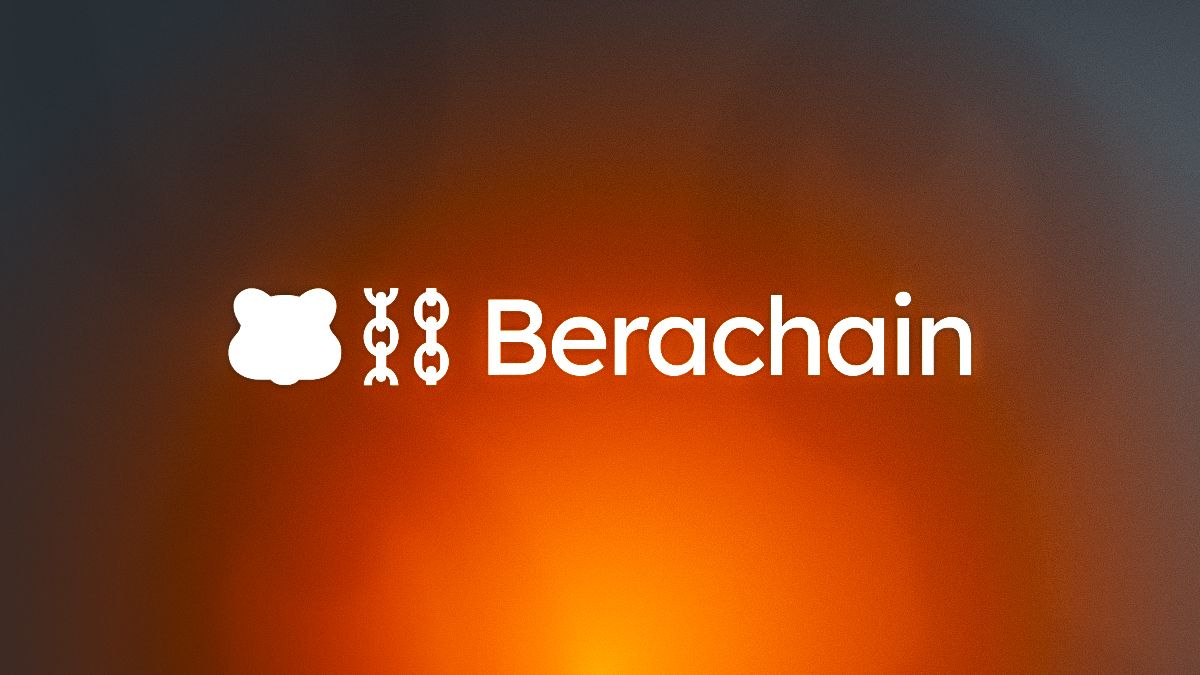
Berachain ($BERA) solidified its reputation this week with a mix of community-driven events, ecosystem updates, and long-term growth strategies, fueling excitement across its active user base.
- "69 Hours of Beramas" Event: This highly anticipated cultural and marketing event drew significant attention on social media, sparking thousands of engagements and deepening community involvement.
- 2025 Roadmap Teasers: Berachain revealed several key milestones planned for 2025, including ecosystem upgrades, new partnerships, and expanded use cases for the $BERA token.
- BitMart Listing: The exclusive listing of $BERA on BitMart enhanced its liquidity and market accessibility, driving increased trading activity.
- Community Sentiment: Enthusiasm remains high, with many viewing Berachain as a major contender in the 2025 blockchain landscape, thanks to its innovative architecture and strong community ties.
Berachain’s strategy of balancing cultural resonance with technological innovation continues to position it as a standout player in the evolving blockchain space.
Unichain Public Mainnet Scheduled for Early 2025

Unichain, developed by Uniswap Labs, is set to launch its public mainnet in early 2025, marking a major milestone in the evolution of decentralized finance (DeFi).
- Scalability and Efficiency: Unichain aims to tackle scalability challenges, high transaction fees, and network congestion currently affecting major DeFi platforms. The architecture promises low costs, high throughput, and optimized performance for DeFi applications.
- Cross-Chain Integration: The network will offer seamless cross-chain interoperability, facilitating smooth asset transfers and smart contract executions across multiple chains.
- DeFi Infrastructure Backbone: Positioned as an essential layer for DeFi protocols, Unichain aims to serve as a foundational infrastructure for decentralized exchanges (DEXs), lending platforms, and liquidity aggregators.
- Developer Incentives: Uniswap Labs is actively engaging developers by offering grants, incentives, and ecosystem support, aiming to accelerate application development on Unichain.
- Market Outlook: Industry experts are optimistic about Unichain’s potential to reshape the DeFi landscape with its innovative approach to scalability and usability.
Unichain represents a bold step towards addressing long-standing challenges in the DeFi space, with its mainnet eagerly anticipated by both developers and investors.
Nokia Secures Blockchain Encryption Patent in China
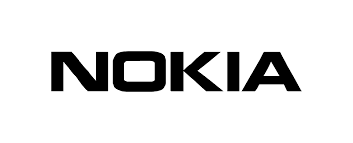
Nokia, known for its contributions to telecommunications technology, made headlines this week with the announcement of its blockchain encryption patent, approved by the Chinese National Intellectual Property Administration (CNIPA).
- Enhanced Security Protocols: The patent introduces innovative blockchain encryption mechanisms designed to improve data privacy, secure communication, and tamper-proof transactions.
- Enterprise Adoption: Nokia’s encryption technology targets industries requiring robust data security, including finance, healthcare, supply chains, and IoT ecosystems.
- Regulatory Compliance: The patent aligns with China’s cybersecurity and blockchain regulations, positioning Nokia as a trusted technology provider in one of the largest global markets.
- Market Impact: Analysts predict this patent could drive increased enterprise adoption of blockchain technologies, as Nokia’s encryption solutions address key security vulnerabilities in current blockchain architectures.
With this patent, Nokia is positioning itself as a key player in enterprise blockchain security, bringing decades of expertise to address complex challenges in decentralized ecosystems.
Telegram Achieves Profitability and $1 Billion Revenue Milestone

Telegram, one of the largest messaging platforms globally, achieved a historic financial milestone this year, surpassing $1 billion in revenue while becoming profitable for the first time since its launch.
- Revenue Growth Drivers: Telegram’s revenue was driven by a tripling of Premium subscriptions to over 12 million users, combined with significant growth in ad revenue streams.
- Financial Resilience: The company now holds $500 million in cash reserves, excluding its cryptocurrency holdings, highlighting a strong financial foundation.
- Debt Management: Over the last four years, Telegram issued $2 billion in debt and recently repurchased a substantial portion under favorable market conditions, reducing financial liabilities.
- Innovation in Monetization: Telegram introduced new revenue channels, including Telegram Stars, Gifts, Affiliate Platforms, and Mini Apps, contributing to consistent income streams.
- Strategic Focus: CEO Pavel Durov emphasized that monetization efforts will continue to prioritize user privacy, independence, and platform sustainability.
Telegram’s financial turnaround demonstrates that social platforms can achieve profitability without compromising user values, setting a benchmark for other tech companies.
Binance Labs and Usual ($USUAL): A Strategic Partnership for Stablecoin Growth
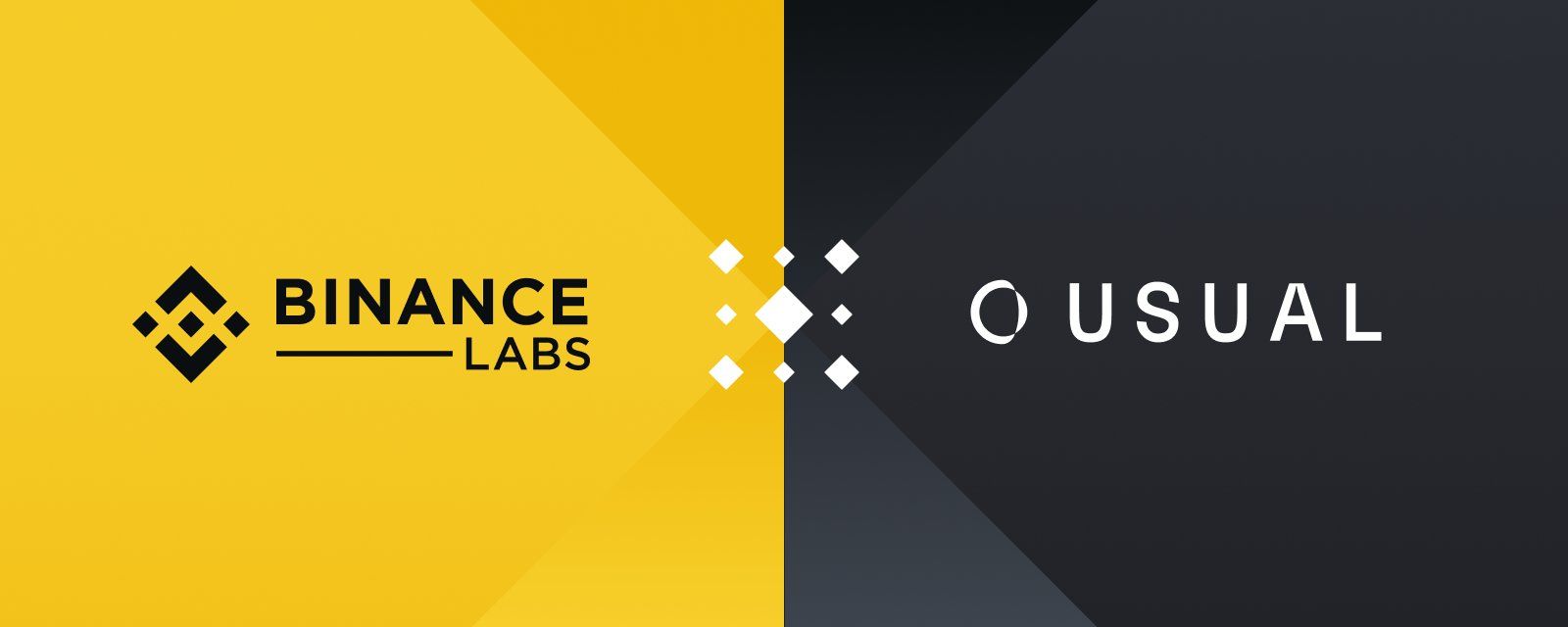
Usual ($USUAL) has solidified its position as a major contender in the stablecoin sector through a strategic partnership with Binance Labs. This collaboration highlights Binance’s continued focus on supporting high-potential projects in the decentralized finance space.
- Strategic Backing: $USUAL benefits from the backing of Ethena Labs and BlackRock, integrating advanced financial tools and liquidity mechanisms to deliver high-yield stablecoin products.
- Deflationary Tokenomics: The token incorporates deflationary mechanisms, including unstaking fees and long-term staking incentives, encouraging holders to maintain long-term positions.
- Liquidity and Adoption: Binance Labs’ partnership focuses on boosting liquidity, expanding integration across DeFi protocols, and enhancing accessibility to $USUAL on Binance-powered platforms.
- Community and Governance: Usual’s governance model emphasizes community participation, giving token holders a voice in protocol upgrades and decisions.
- Market Sentiment: Analysts have noted $USUAL’s strong performance in the face of market volatility, with its $1 billion TVL milestone reflecting robust adoption and confidence in its utility.
The Binance Labs and Usual partnership exemplifies how strategic investments can drive sustainable growth in the stablecoin sector, fostering resilience and innovation in DeFi ecosystems.